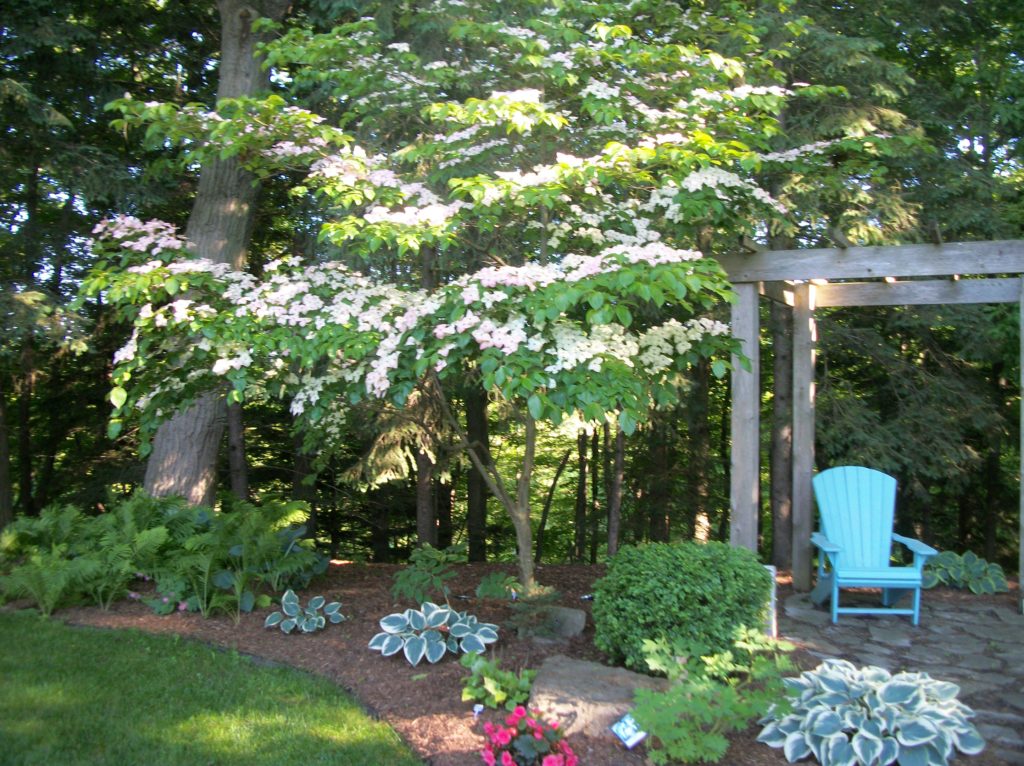It’s Still Just Dirt, The Tillsonburg News – July 2019
by Angela Lassam
It is all looking great and growing well when suddenly the bugs and disease come to destroy your hard work. You do not need to rush to the nursery for help but look inside your home as people did many years ago. Maybe ask Grandma what she would use.
Here are a few ideas, give them a try. You really have nothing to lose as they are almost free. Some of them you may already know but hopefully there will be new ones for the avid gardener.
Epsom salts – contains magnesium sulphate, a major growing element. To help the soil before planting spread 1 cup per 100 square foot and mix well into the soil. When planting out seedlings dig the hole and place a tablespoon in the bottom cover with a small amount of soil and place plant in the hole and finish with soil. You can also apply a liquid form of 2 tablespoons of Epsom salts in 1 gallon of water around the base of any plant. Tomatoes benefit from this and will make them sweeter and less acidic. Peppers are heavy feeders and would benefit from the same. Roses will do better when planted if the root is soaked in a solution of ½ cup in 1 gallon of water. Azaleas and rhododendron turn yellow from a sulphate deficiency and an application of 1 tablespoon over the root zone will help this. Slugs will disappear where salts are sprinkled and it is non-toxic and eco-friendly.
Borax – not only for laundry. It is a great ant killer. Mix sugar, borax and water to make a paste which is easier to control and place spots where they can feed. Rodents and mice can destroy a garden, Borax mixed into the soil is a good deterrent. Sprinkle on weeds in cracks on pathways and patio stones. Borax and lemon juice will remove rust from gardening tools. Stained gardening gloves can be cleaned with a good soaking of borax.
Coffee grounds and tea – both of these are soil enhancers and can be added to the composter. They can be mixed into the soil around plants. If you place them on top of the soil they will form a hard pad over time so mix in well.
Egg shells are a source of calcium for plants but crushed egg shells are also a deterrent for those insects that like to chew your plants. Half egg shells can make free seed pots. Pierce a hole in the bottom and fill with potting soil, add seed and place back in an egg carton. This is a good project for children who can even paint the shells.
Aspirin – use the non coated type for the garden and plant preservation. Your cut flowers will last longer with a crushed aspirin in the water. Seed soaking will aid germination through its strengthening of the plant’s immune system. As a natural fungicide spraying a solution on tomatoes can lessen the fungal diseases such as fusilarium wilt.
Milk – this one is a newer idea and uses the protein value to benefit plants. It is a complete food with all the necessary minerals your garden will use. A good form of NPK (content of fertilizer). It has certain bacteria which will work against the bad ones in the soil and will act as a fungicide too.
Vinegar and baking soda – these are the common ones most people know. The acid is normally the killer but tends to take longer than other suggestions.
All of these are either passed on ideas or collected through reading. Some are quite logical when you start to think of their content. When you get problems in the garden you could go to a nursery for advice which could prove expensive. Alternatives found at home are definitely worth a try first.
 A big thank you to those who participated in the Tour of Gardens, Beyond the Garden Gate co-hosted by the Tillsonburg Horticultural Society and Station Arts Centre, whether you purchased tickets or volunteered. It was again a great day and if you did not browse the gardens you missed a fun time. We hope to see more next year as it grows with everyone’s support.
A big thank you to those who participated in the Tour of Gardens, Beyond the Garden Gate co-hosted by the Tillsonburg Horticultural Society and Station Arts Centre, whether you purchased tickets or volunteered. It was again a great day and if you did not browse the gardens you missed a fun time. We hope to see more next year as it grows with everyone’s support.
Meanwhile happy gardening everyone. Regular monthly meetings for the Tillsonburg Horticultural Society will resume Tuesday, September 3rd @ 7.30 p.m. in the Senior Centre Auditorium Tillsonburg Community Complex.
.